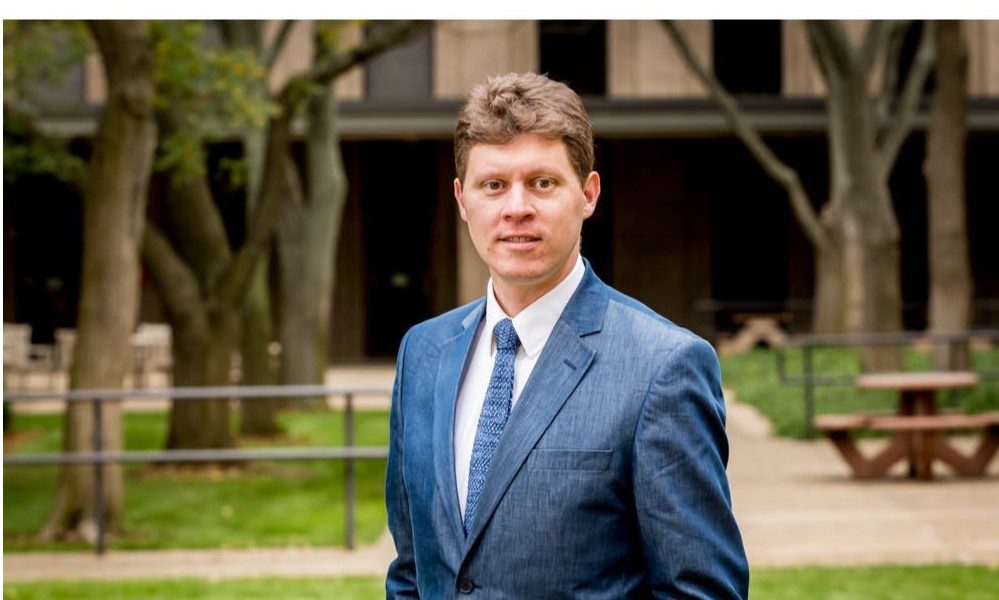A “Far Out” Take on Transportation Planning
-
-
MIT Technology Review
Filed Under
Recommended

As a boy, Eric Plosky ’99, MCP ’00, rode the New York subway with his grandmother to every city attraction on the map. “Whenever anyone asks me how I got into transportation, I always ask them, ‘How did you get out of it?’” he says. “Every little kid seems to love trains and subways and buses and cars and planes, and for some reason they ‘grow out of it.’ I never did.”
Now, as chief of transportation planning at the Volpe National Transportation Systems Center in Kendall Square, Plosky and his team put their imaginations to work reenvisioning what transportation can be. “It’s not just steel and concrete. It’s people, it’s decision-making, it’s history and culture,” he says.
At MIT, Plosky earned two degrees in the Department of Urban Studies and Planning; he also took humanities courses and wrote for The Tech. An internship at the Volpe Center grew into a 20-year career.
I’m really hopeful we can come up with a transportation system that meets the needs of today and tomorrow rather than just the perceived needs of yesterday.
While it’s part of the US Department of Transportation, Volpe is entirely funded through direct consulting projects with other agencies and private entities that seek unconventional solutions to complex problems. His team’s recent projects have included autonomous-vehicle systems at Yellowstone National Park and Wright Brothers National Memorial; an analysis of the national agricultural-freight highway network; and a number of efforts, funded by the Millennium Challenge Corporation, to streamline complicated urban transport systems in places like Kenya and Sri Lanka. “Whenever someone is talking about some weird, far-out transportation project nobody knows anything about, that’s when we get involved,” Plosky says.
After Hurricane Katrina, Plosky spent months in Louisiana working with affected communities. The resulting guidance documents he wrote have since become part of the National Disaster Recovery Framework, which has helped guide covid-19 recovery efforts. “If you just put things back the way they were before, that’s only restoration; true recovery calls for something different,” he says.
After work, Plosky teaches a sustainable transportation class at Harvard Extension School, serves as a judge for the Lemelson-MIT Student Prize, and mentors first-year MIT Terrascope students. He also writes, posting a daily series of short stories at Infrequent.com.
Plosky says he’s heartened by growing momentum at the federal level to address infrastructure challenges that exacerbate racial inequality and climate change. He says, “I’m really hopeful we can come up with a transportation system that meets the needs of today and tomorrow rather than just the perceived needs of yesterday.”
This article also appears in the September/October 2021 issue of MIT News magazine, published by MIT Technology Review.







